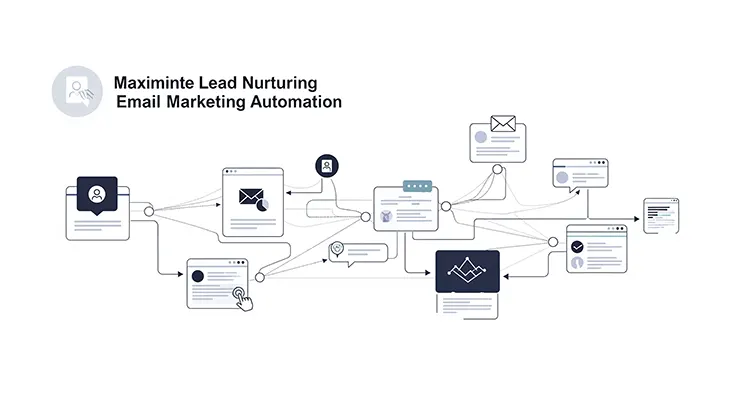
Developing a Marketing Funnel for Online Lending Platforms: Navigating the Customer Journey
In the ever-evolving landscape of online lending, developing a well-structured marketing funnel is crucial to attracting, engaging, and converting prospective borrowers. As digital platforms continue to reshape the lending industry, understanding the customer journey and implementing a strategic marketing funnel can be the driving force behind acquiring and retaining customers. In this article, we explore the essential steps in developing a marketing funnel specifically tailored for online lending platforms.
1. Awareness Stage: Attracting Prospective Borrowers
The first step in developing a marketing funnel for online lending platforms is creating awareness and attracting prospective borrowers. Utilizing various digital channels such as search engine optimization (SEO), content marketing, social media, and online advertising, lenders can raise awareness about their offerings. Implementing targeted keyword strategies and informative content can help position the lending platform in front of individuals who are actively seeking financial solutions.
2. Consideration Stage: Engaging and Educating Prospects
Once prospective …
Developing a Marketing Funnel for Online Lending Platforms: Navigating the Customer Journey Read More




